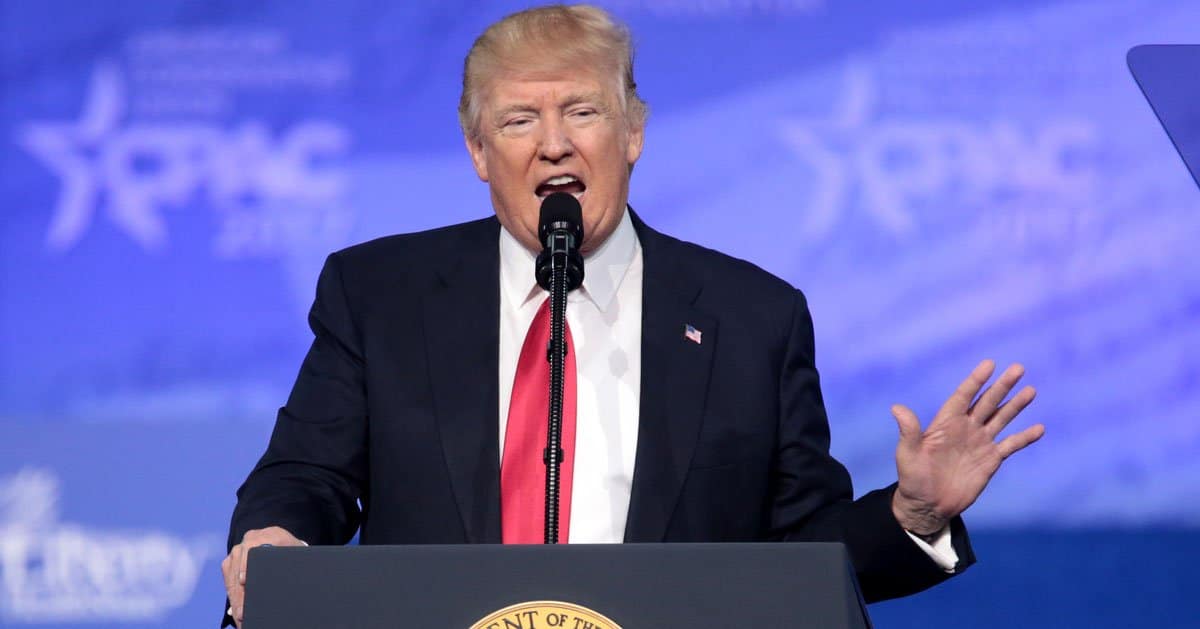








The New Hampshire Supreme Court has agreed to hear a case concerning a prisoner's right to change his name for religious reasons.
WMUR reported that the case involves James Covington, who seeks to alter his name based on his Islamic faith after a lower court reversed his initial approval.
James Covington, currently incarcerated for the murder of his ex-girlfriend in 1999 to which he pleaded guilty in 2000, originally petitioned in 2022 to change his name to reflect his new religious beliefs. His request was briefly granted but reversed when the state presented objections.
The state argued that changing Covington's name would create significant administrative challenges and could lead to safety issues within the prison system. This led to a legal challenge that has now reached the state's highest court.
Covington, in his legal filings, proposed a compromise by changing his first name to Jamauri, while retaining his last name to honor his deceased mother, stating, "Jamauri pays homage to my Islamic faith, and the last name Covington will be kept paying homage to my deceased mother."
The lower court had rejected Covington's motion for reconsideration, which the judge claimed did not present any new facts or legal errors, stating it "fails to state points of fact or law that were overlooked or misapprehended by the court."
The case's escalation to the Supreme Court suggests potential mediation, as indicated in the court's acceptance of the case.
This could lead to either a decision based on written filings, oral arguments, or a mediated agreement.
While the attorney general's office has declined to comment due to the ongoing nature of the case, the implications for religious freedom and prison administration are significant.
The state’s primary objection is the potential administrative burden a name change could impose. Officials argue it could complicate inmate management and jeopardize safety by causing confusion about which inmates can safely interact.
Moreover, the state's lawyers have argued that the name change could disrupt the established protocols of inmate identification and management, using Covington's case to exemplify the broader challenges of accommodating such requests within the prison system.
They further contended, citing Covington's argument, that denying his request violates his constitutional right to practice his religion, framing the debate around religious rights versus operational security within prisons.
Legal experts watching the case note that it touches on fundamental issues of religious freedom, particularly within the correctional system where such freedoms can be restricted for security reasons.
This case highlights the tension between an individual's religious convictions and the state's obligation to maintain order and security in its facilities. The outcome could set a precedent for how similar cases are handled in the future.
As the case progresses, both sides are preparing for a potential landmark decision on the rights of incarcerated individuals to express their religious beliefs through personal identifiers like names.



